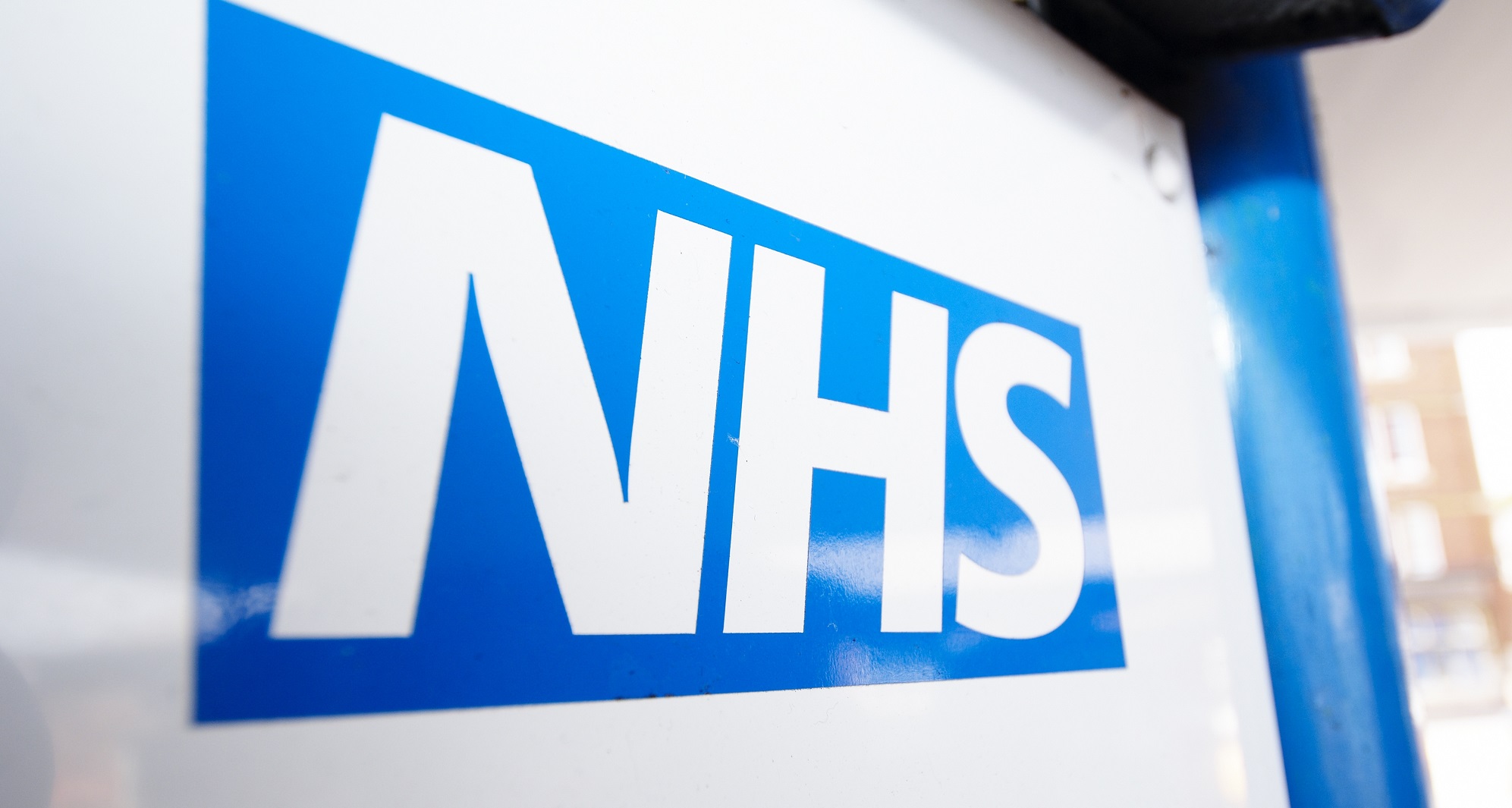NHS medtech accelerator unveils first award winners

A blood sampling patient safety solution, a novel headset for children with long-term 'glue ear', and a project to develop a new coating to prevent prostheses infection have won funding from an NHS innovation accelerator.
Launched at the end of last year, the Medtech Accelerator is a joint venture between Health Enterprise East, New Anglia and Greater Cambridge Greater Peterborough Local Enterprise Partnerships, and the Eastern Academic Health Science Network, which intends to accelerate the development of innovative technologies that can meet unmet clinical needs within the NHS.
The programme has £1.5 million of funding available to award winners, each of which receives between £15,000 and £125,000.
Awards are aimed at nurturing proof-of-concept work by providing financial support for aspects like IP protection, clinical evaluation and regulatory support.
The first award winning innovation is the Arterial GlucoSave, developed at the Queen Elizabeth Hospital King's Lynn NHS Foundation Trust.
The solution prevents incorrect fluids being used to flush arterial lines prior to blood sampling, namely glucose-containing fluids instead of recommended sodium chloride solutions.
If a glucose-containing fluid is used incorrectly, blood sampled from a patient can seem to have too high blood sugar levels. This leads to incorrect administration of insulin which in turn leads to hypoglycaemia (too low blood sugar levels) and can result in fatal brain injury.
The award will be used to advance the Arterial GlucoSave from prototype to a CE mark approved medical device.
The second award winning innovation is a bone conduction headset for children with persistent build-up of ear wax in the ear canal, also known as 'glue ear'.
Developed by the Cambridgeshire Community Services NHS Trust, the headset can be used in clinical and home settings to overcome hearing loss, as well as at school to prevent children from falling behind.
The award will be used to build a market research base backing the need of the product.
The final award goes to a new coating for prosthetic implants to prevent implant-related infections, developed at the Norfolk and Norwich University Hospitals NHS Foundations Trust.
The bacteriophage-based coating will be used to stop surgical site infections (SSIs) which account for around 25% of all hip and knee surgery-reoperations.
The new funding will be used for initial testing of the coating as well as developing a path for commercialisation.
“The Medtech Accelerator is a great example of a public sector partnership working together to encourage creative thinking within the NHS," said Stuart Thomson, Medtech Accelerator. "The quality of applications following our inaugural call has been outstanding and really illustrates that the NHS is full of entrepreneurial people with the ideas and expertise to improve healthcare. We are delighted to be supporting three fantastic examples of innovation and look forward to working closely with the inventors to make the ideas a reality for patients.”
The Medtech Accelerator is one of several programmes aimed at fostering the development of disruptive solutions to bring them to the NHS.
The NHS England NHS Innovation Accelerator (NIA) for example was launched to help meet targets set out in the Five Year Forward View. It recently closed applications for its 2017 programme which this year focuses on the areas of mental health, urgent and emergency care, and primary care.











